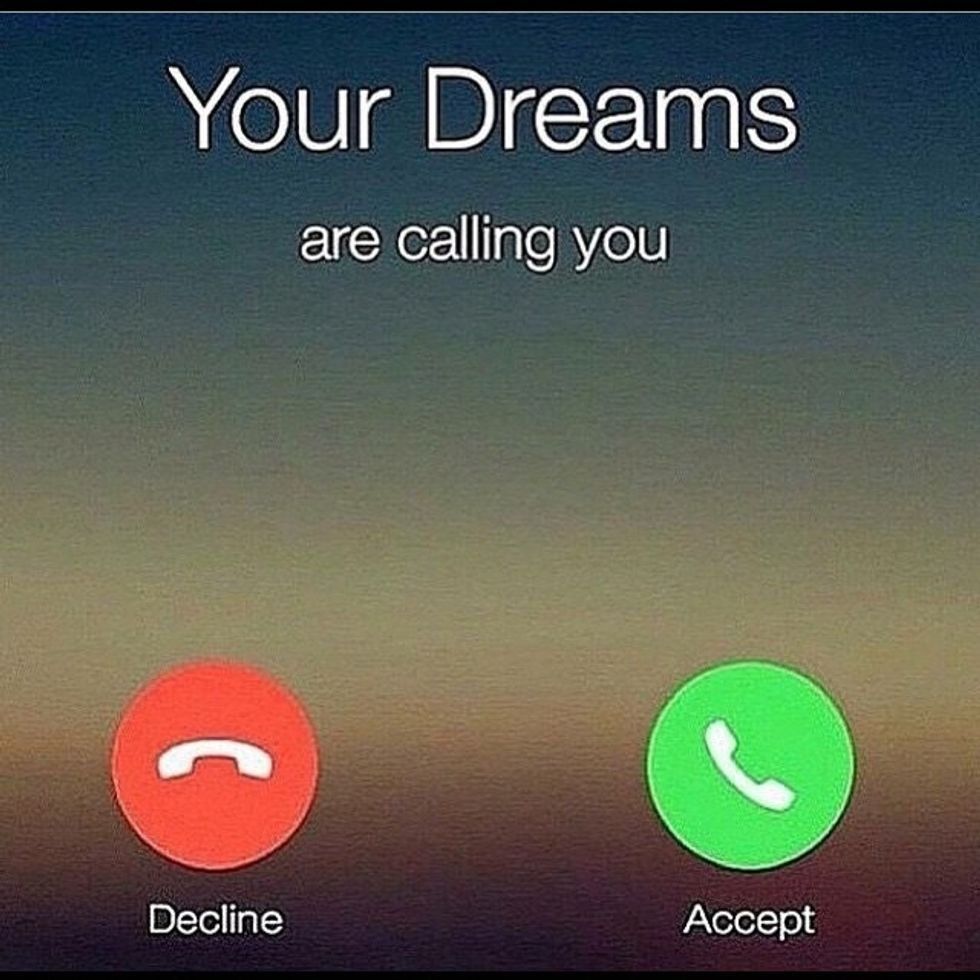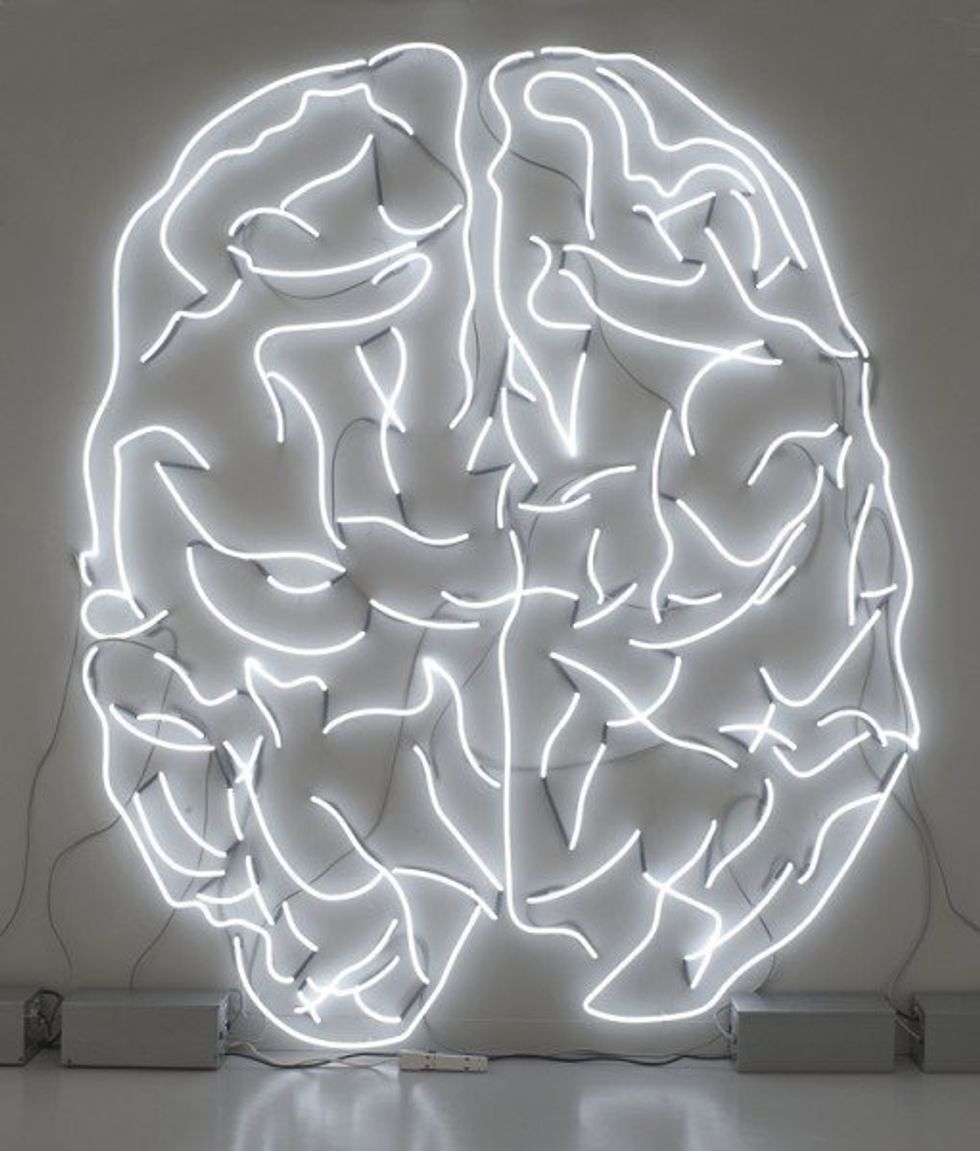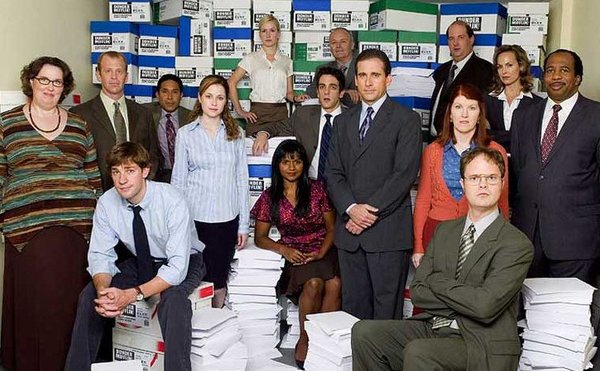Within the past few years, marijuana gradually became a hot-button issue in today’s society. One of the issues going along with this is the use of medical marijuana. So far, 23 states and the District of Columbia have laws that address the use of marijuana for medical purposes, most also address the legality of dispensing the drug. Louisiana has now become one of those states.
Senate Bill 143, a medical marijuana bill sponsored by Republican Fred Mills from New Iberia, recently passed the Louisiana legislature. Many believe that this law legalizes medical marijuana. This is not true. Louisiana’s law legalizing medical marijuana passed in 1991. It allowed citizens prescribed medical marijuana the ability to use it. The reason no one has received medical marijuana in the state stems from lawmakers making receiving the medical marijuana difficult due to it being illegal to distribute in Louisiana.
Senate Bill 143 is not acting as the legalization for medical marijuana because medical marijuana is already legal in Louisiana. This bill puts restrictions on the growth and distribution of medical marijuana. These restrictions make it possible for people to receive medical marijuana in Louisiana.
A common misconception is that the bill also legalizes marijuana for recreational use. Again, this is not true. Recreational marijuana is still illegal in the state of Louisiana. Senate Bill 143 is detailed in the use allowed, the distribution and growth of the marijuana and the diseases calling for the use of medical marijuana.
To begin, the medical marijuana is not to be given to patients in its raw (or crude) form. A total of ten pharmacies will have permits to distribute the marijuana, and only one location in Louisiana would be legally allowed to grow the marijuana. The pharmacies to have the aforementioned permits to distribute medical marijuana will be decided by the Louisiana Board of Pharmacies. The location where the marijuana will be grown will be decided by the Department of Agriculture and Forestry.
There are three separate entities involved in the distribution of medical marijuana. The first is the Louisiana State Board of Medical Examiners. They will develop a list of diseases and medical conditions that will then be reported to the legislature. They will also create rules acknowledging the recommended uses and doses of medical marijuana by January 1, 2016.
The second entity is the Louisiana Board of Pharmacy. They will adopt rules in the dispensing of medical marijuana by no later than December 1, 2016. After this, they will decide which 10 pharmacy locations will gain a license to distribute medical marijuana. The number of pharmacies will not exceed 10.
The last entity is the Department of Agriculture and Forestry. They will create the rules and regulations regarding the growth of medical marijuana and the location the marijuana will be grown. They will then make an annual, nontransferable license for the growth of the medical marijuana. There will be one license given to one location. The law will be terminated on January 1, 2020.
The current medical issues that allow doctors to recommend* medical marijuana for patients are glaucoma, symptoms that come about from chemotherapy as a cancer treatment and spastic quadriplegia.
Medical marijuana does not get patients "high." No one will be standing in the middle of a neighborhood road with a truckload of marijuana and smoking it because they have the flu. Medical marijuana often allows patients to lower the intake of other medicines with more dangerous side effects.
*The word "recommend" is used instead of prescribed. This is an amendment from the original version of the bill. Marijuana is still a Title I drug in the state of Louisiana. "Recommend" is used because prescribing a Title I drug would lead to the same issues faced by the 1991 law.





 Photo by
Photo by 

 Photo by
Photo by  Photo by
Photo by  a group of people sitting around a table with laptopsPhoto by
a group of people sitting around a table with laptopsPhoto by  people on beach during daytimePhoto by
people on beach during daytimePhoto by  Photo by
Photo by 










